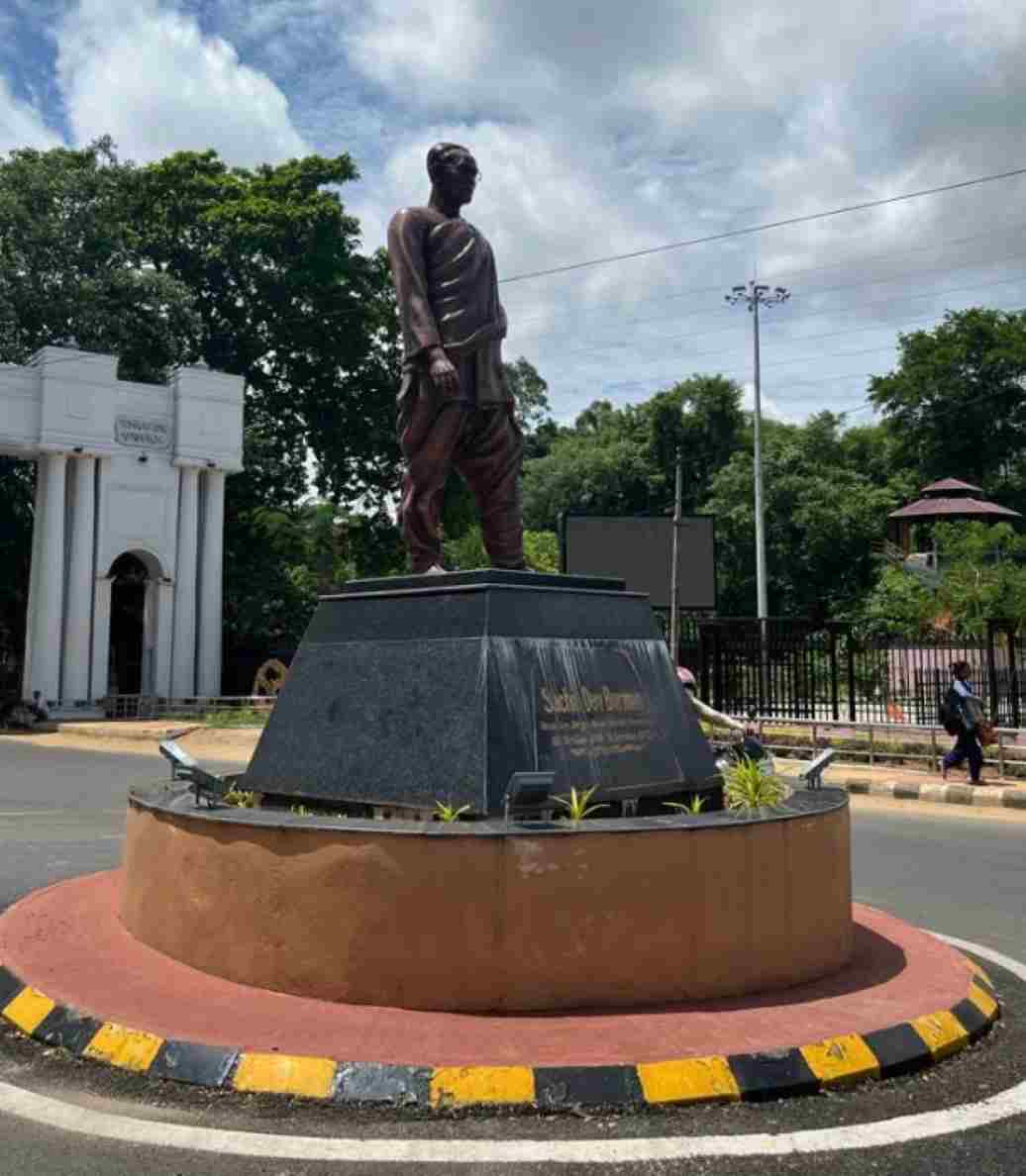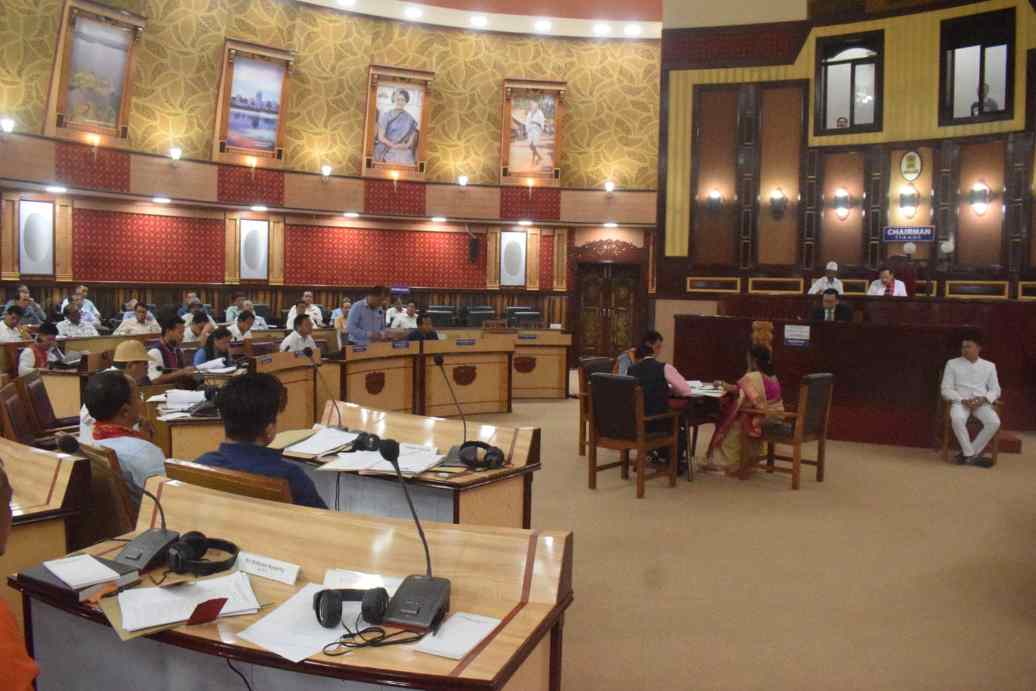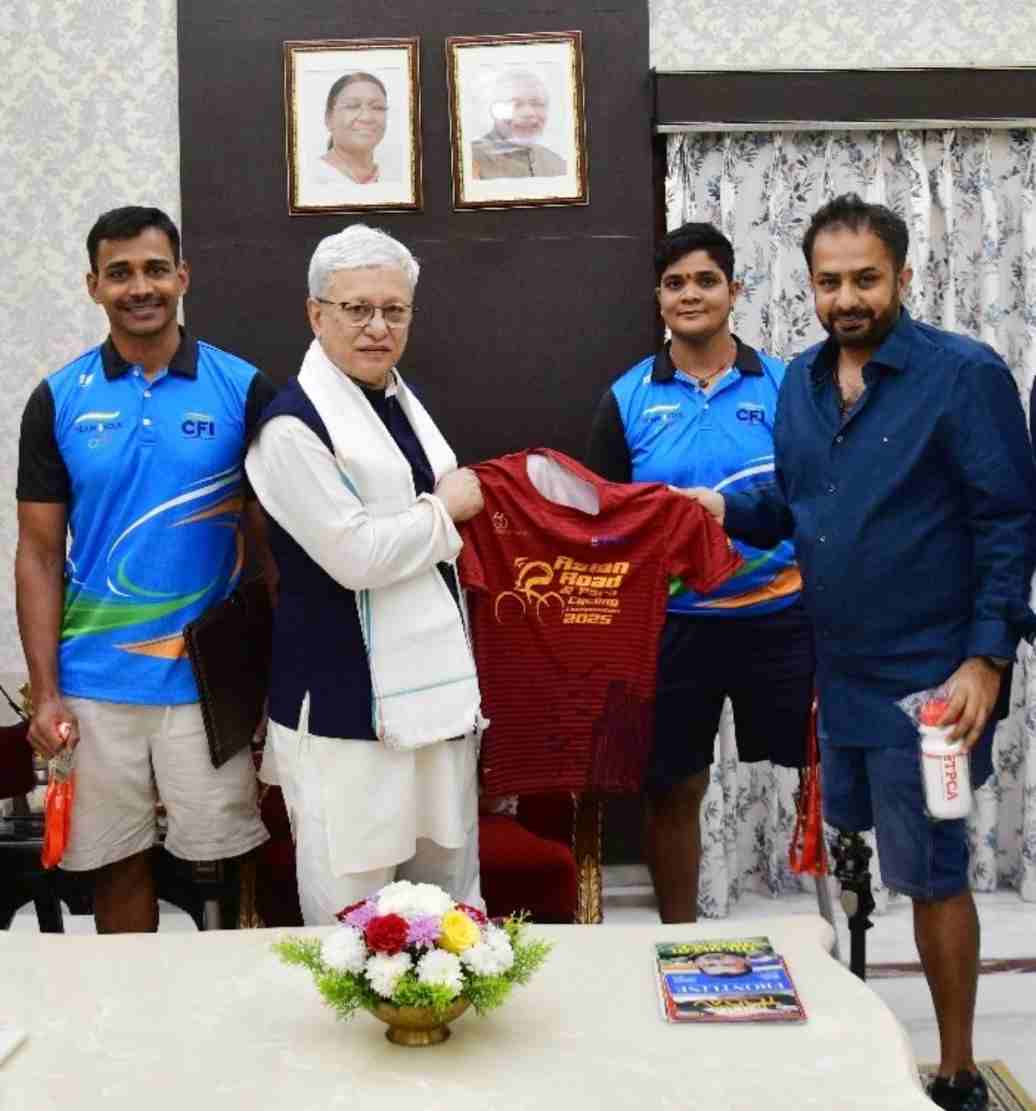Remembering S.D. Burman: The Maestro of Melody

Today, October 1st marks the birth anniversary of the legendary music composer, director, Sachin Dev Burman, fondly known as S.D. Burman. Born in 1906 in Comilla, Bengal Presidency (now Bangladesh). Burman was destined to leave an indelible mark on Indian music. Burman's musical journey spanned over four decades, captivating audiences with his timeless melodies.
Early Life and Royal Heritage
S.D. Burman's real name before entering the music industry was Sachin Dev Burman. However, his full name at birth was Sachin Karta Dev Burman. The "Dev" in his name signifies his royal lineage, as "Dev" means "lord" or "prince" in Bengali. In his early life, he was also known as: Kumar Sachin Dev Burman. The title "Kumar" denotes his princely heritage, being a member of the Tripura royal family. Later, he adopted the stage name S.D. Burman.
S.D. Burman was born into a royal family, being the son of Marajkumar Nawadwip Chandra, the second prince of the Tripura kingdom. His mother, Rajkumari Nirmala Devi, was a princess from the Manipur royal family. His early exposure to music came from his father, who was a skilled musician. His family's rich cultural heritage and musical traditions played a significant role in shaping his artistic journey. Burman's early training began under the guidance of Ustad Allah Bande Khan and K.C. Dey, laying the foundation for his unique musical style.
Music Career and Achievements
S.D. Burman's music career spanned over four decades, during which he composed music for over 100 films, leaving an indelible mark on Indian cinema. His journey began in the 1920s, singing on All India Radio (AIR) in 1927 and performing in concerts and stage shows in Kolkata. He trained under renowned musicians, including Ustad Allah Bande Khan, and composed music for Bengali films, starting with "Dhruba" in 1932.
In the 1940s, Burman moved to Mumbai to work in Hindi films, making his debut as a music director with "Shikari" in 1946. He went on to compose music for hit films like "Do Bhai" (1947), "Shabnam" (1949), and "Mashal" (1950). His golden era began in the 1950s, creating iconic scores for films like "Devdas" (1955), "Pyaasa" (1957), "Guide" (1965), "Chalti Ka Naam Gaadi" (1958), and "Kala Bazar" (1960). During this period, he experimented with Western music influences and fusion, winning numerous awards, including Filmfare Awards and National Film Awards.
In his later years, Burman continued composing music for films, including "Aradhana" (1969), "Abhimaan" (1973), "Chupke Chupke" (1975), and "Mili" (1975). He also mentored his son, R.D. Burman, who became a successful music director. Burman's musical style was characterized by blending traditional Indian music with Western influences, introducing folk and classical elements into film music, and pioneering the use of Western instruments in Indian film music. He experimented with jazz and swing rhythms, creating a unique sound.
Throughout his career, Burman collaborated with prominent directors, including Guru Dutt, Raj Kapoor, and Hrishikesh Mukherjee. He worked with legendary singers, including Lata Mangeshkar, Kishore Kumar, Mohammed Rafi, and Asha Bhosle. His contributions to Indian music were recognized with numerous awards, including three Filmfare Awards for Best Music Director, two National Film Awards for Best Music Direction, the Padma Shri in 1969, and the Sangeet Natak Akademi Fellowship in 1987 (posthumous).
S.D. Burman's music career was marked by innovation, experimentation, and timeless melodies that continue to enchant audiences today. His legacy lives on through his iconic compositions and the countless musicians he inspired.
The Passing of a Legend: S.D. Burman's Death
S.D. Burman, the renowned Indian music composer, passed away on October 31, 1975 in Mumbai, Maharashtra, India, leaving behind a legacy of timeless melodies. He suffered a heart attack at his Mumbai residence, which proved fatal. He was 69 years old at the time of his passing.
S.D. Burman's remarkable journey as one of India's most iconic music directors is a testament to his talent, dedication, and innovative spirit. With a legacy spanning over 100 films, numerous awards, and timeless compositions, Burman's impact on Indian cinema remains unparalleled. His pioneering blend of traditional and Western music styles continues to inspire generations of musicians and music enthusiasts alike. As we reflect on his illustrious career and achievements, S.D. Burman's enduring legacy reminds us of the power of music to transcend time and touch hearts. S.D. Burman's passing marked the end of an era, but his music continues to live on, entertaining and inspiring audiences worldwide.














